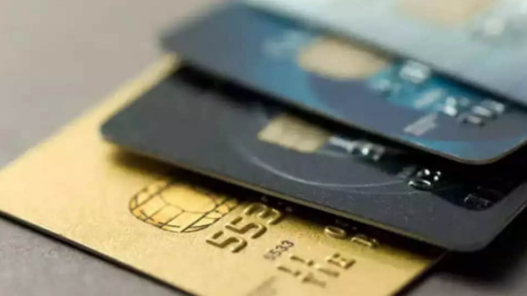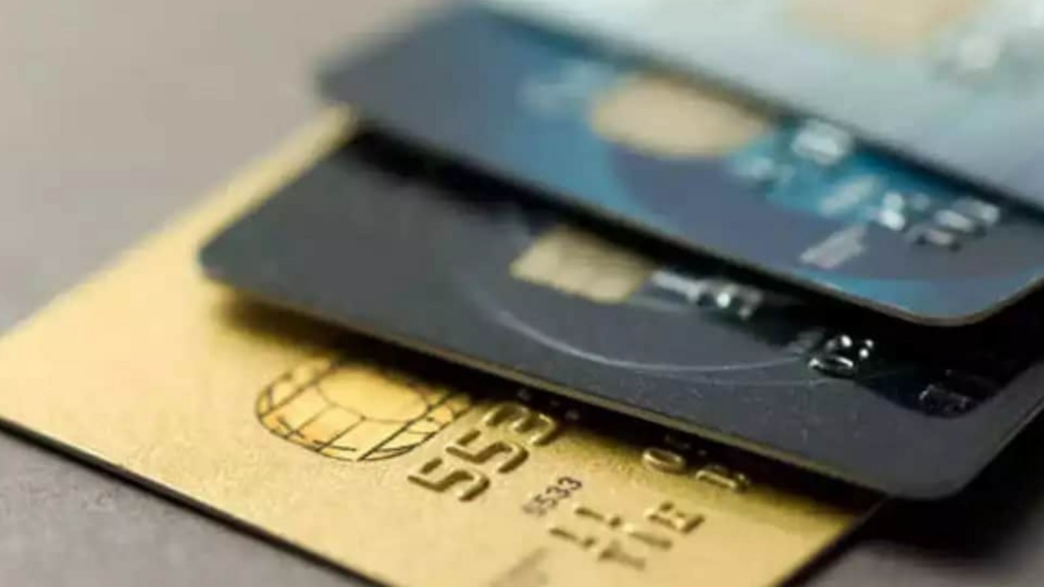The aspect of personal finance that most people find most important is understanding how to manage payments on credit cards. While it may feel easy to pay the minimum amount due every month, it is important to understand the effects of doing so. This article covers the concept of minimum payments, their effects on your finances, and provides some practical tips on managing credit cards.
Understanding minimum payments
A minimum payment is the least amount you can pay by the due date on a credit card and continue to keep your account in good standing. Minimum payments are usually calculated as a percentage of total outstanding debt, usually 5% or more.
In conclusion, it may seem adequate to simply keep the minimum due amount on the credit card, in order to keep it active and avoid penalties, this is not a good way to manage financial health. Interest continues to accumulate, it takes a long time to extinguish that debt, and it harms your credit score. These are all reasons to prioritise paying bills in full.
Disclaimer: Mint has a tie-up with fin-techs for providing credit, you will need to share your information if you apply. These tie-ups do not influence our editorial content. This article only intends to educate and spread awareness about credit needs like loans, credit cards and credit score. Mint does not promote or encourage taking credit as it comes with a set of risks such as high interest rates, hidden charges, etc. We advise investors to discuss with certified experts before taking any credit.












